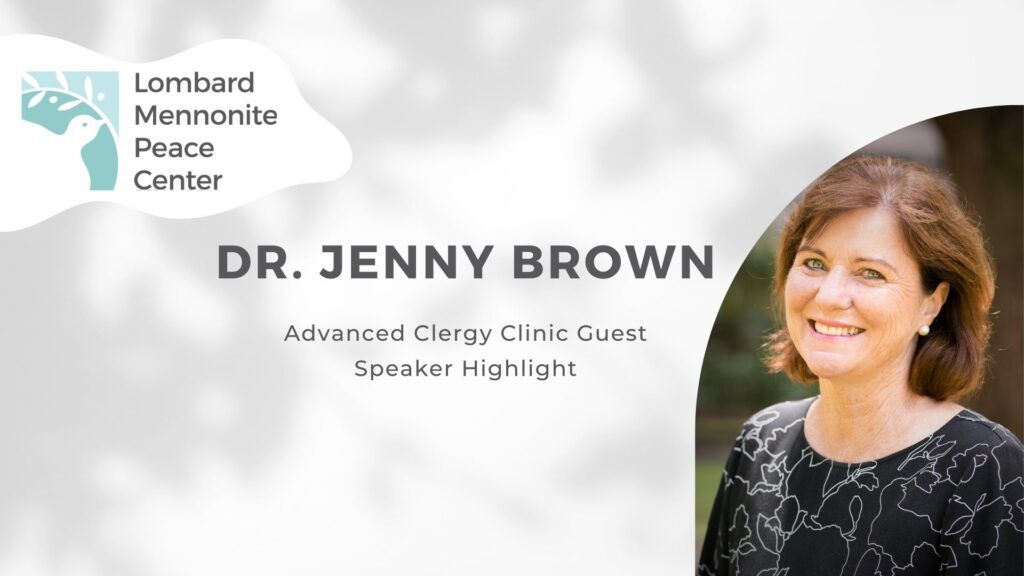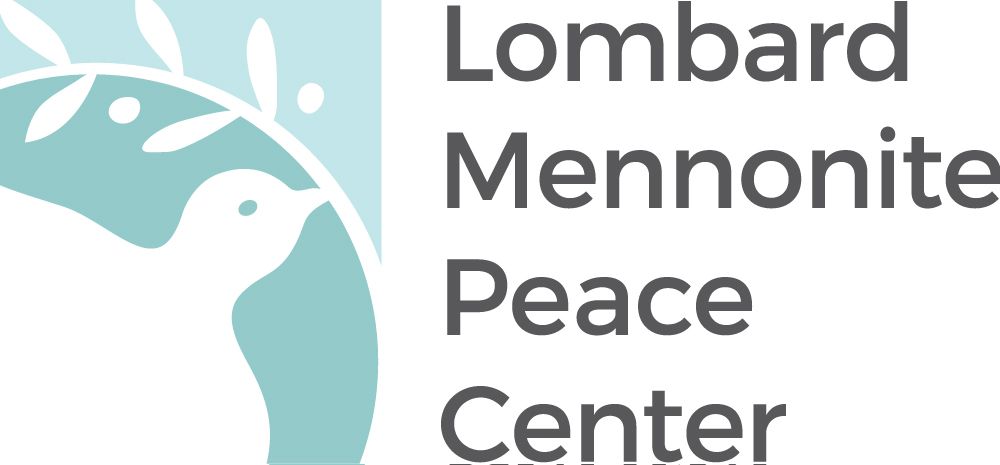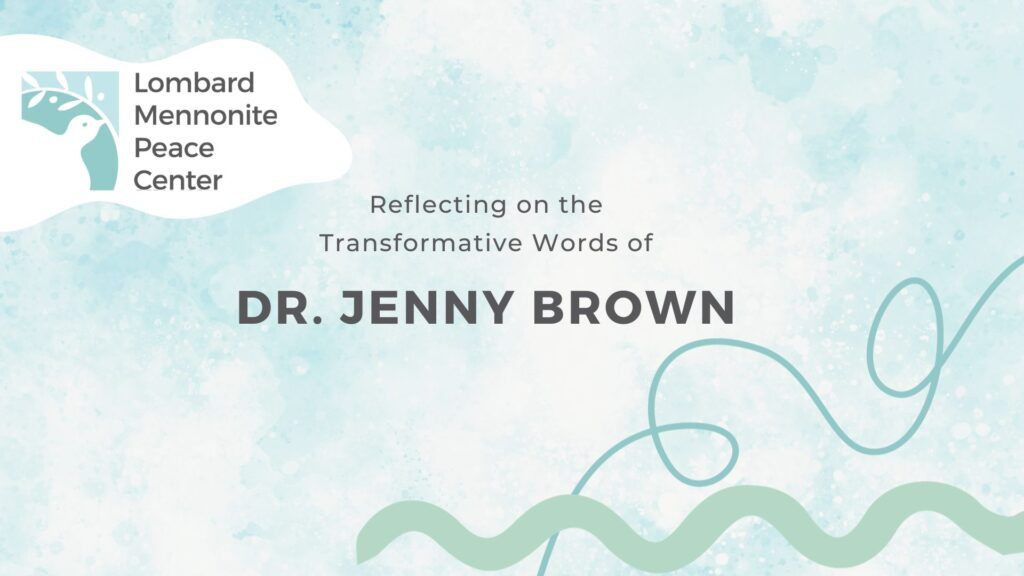Biblical Peacemaking:
The Heart of Lombard Mennonite Peace Center
The Lombard Mennonite Peace Center (LMPC) ministry receives its impetus from Scripture: “All this is from God, who through Christ reconciled us to himself and gave us the ministry of reconciliation” (II Corinthians 5:18). Thus, LMPC seeks to ground its peacemaking in a biblical understanding of salvation and Christian discipleship.
Who We Are
Spreading Peace and Justice:
The Mission of Lombard Mennonite Peace Center
The Lombard Mennonite Peace Center seeks to proclaim Christ’s good news, the gospel of peace and justice, and to be active in the sacred ministry of reconciliation, wherever and whenever we can.
Pastoral Transitions
Healthy Congregations
What We Do
We Offer a Variety of Training Sessions to Empower Church Leaders
The Lombard Mennonite Peace Center provides speakers and education resources for churches of all denominations on biblical peace and justice issues, as well as conflict transformation skills training and training for church leaders grounded in family systems theory. We also provide mediation and consultation services for churches, schools, and other organizations.
Get Involved
Take the Next Step to Healing and Reconciliation
Ask us questions. Explore our website further. Register for a workshop. Encourage a friend to register also. Purchase a book. Make a donation. Suggest to your church that they sponsor one of our workshops. Healing and reconciliation can begin only when you take the next step!
Finer Points Blog
Stay Updated with the latest news from LMPC
At the Lombard Mennonite Peace Center, we consider peacemaking a craft. Like all crafters, peacemakers have their own set of tools for the work they do. The tools in our toolbox are selected to help reconnect human relationships that have been frayed or fractured. This blog is where we hone the finer points of our tools and share them with our fellow peacemakers.








